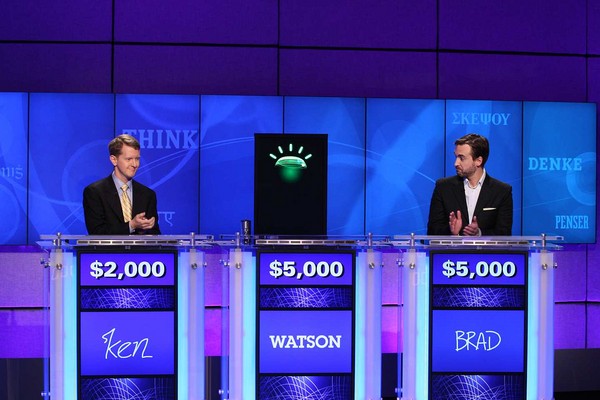Recently, I wrote a 3-part series on the demand for digital innovations. There are so many other high tech innovations that are revolutionizing health care that I decided to add to the series.
Many of the high tech gadgets I love from science fiction movies are now coming to health care. I watched a Fox News TV report earlier this year about a hand-held scanner that is being developed to help dermatologists diagnose skin cancers. The scanner sends a laser wavelength to a suspected lesion and the data is then sent to an archive of 10,000 skin cancer specimens. It may save many patients from an invasive and painful diagnostic procedure. Will it completely avoid the need for biopsy? Like humans, there appear to be cases where the scanner may need a second opinion.
The bionic diagnostician
My wife looks forward to the launch of glove tricorders with multiple sensors — such as accelerometers, temperature, force, sound, and vibration — that can help women detect breast cancer tumors on their own. The developers are hoping this robotic technology innovation will be accurate enough to catch breast cancer that some X-rays may miss, which could potentially save millions of women’s lives. The technology may also be used to help physicians diagnose other medical problems, such as heart valve irregularities, abdominal conditions, and enlarged kidneys.
 Image source: LA Times
Image source: LA Times
“I’ll take medical diagnoses for $500, Alex”
Remember Watson, IBM’s super computer that beat the pants off Ken Jennings and Brad Rutter on Jeopardy? Now it is partnering with Memorial Sloan Kettering and WellPoint to help transform health care. Before an oncologist sees a patient, instead of taking a few minutes to review his or her electronic medical record, the oncologist asks Watson to analyze the patient’s medical records against tens of thousands of documents, including medical journals, industry association guidelines, and hospital best practices. Watson prompts the physician to ask specific questions about the patient’s symptoms, suggests additional testing, and even makes evidence-based treatment recommendations.
In essence, the physician is having a two-way conversation with the computer. It is challenging enough for pharma sales representatives to get face time with physicians to influence prescribing behaviors. What happens when more computers start writing the scripts for patients?
Our world is rapidly changing and our healthcare brand strategies must also evolve.
______________________________________________________
Subscribe to the blog
Connect with Brandkarma on LinkedIn Facebook Twitter
About Brandkarma
Offering healthcare companies the highest level of strategic and creative marketing for specialty pharmaceutical and biotech products, medical devices, diagnostics, and OTC brands, Brandkarma is a champion of intense engagement, measuring its achievements by its clients’ success.
Visit the Brandkarma website or Contact Us or Request an RFP
RELATED TOPICS

Ken is a great deal more than just the president of a medical communications company. He is something of a hybrid. He’s part marketing manager, part creative director, and part copywriter. To the chagrin of his peers—but to the delight of his clients—Ken is a consummate perfectionist. As a former creative director for a high-end consumer agency, he challenged his creative teams to go beyond the mundane to produce work with real creative impact, something he’s just as fervent about today. From producing and directing TV commercials, to launching DTC and Rx-to-OTC switches, Ken brings his clients a world of experience in OTC pharmaceuticals as well as business, lifestyle, and high-end consumer products and services. Whether huddled with clients behind a mirror in a market research center in Houston, facilitating a strategic workshop in Madrid, or developing a global campaign either in the New Jersey or California office, Ken is always fully engaged, bringing “bestness” to all areas of his hectic but full life.
